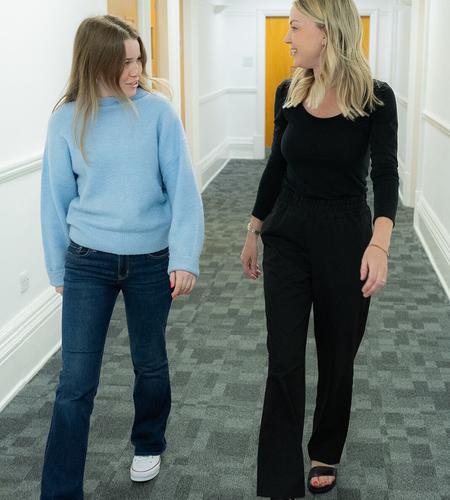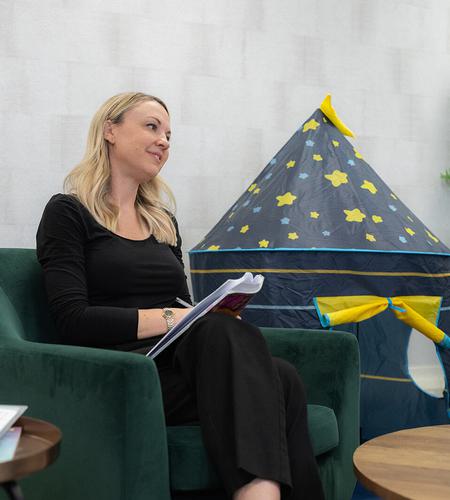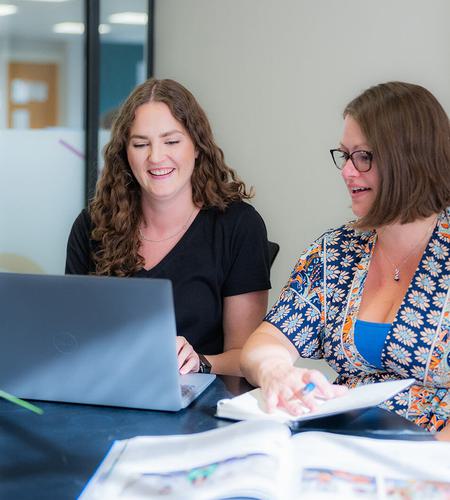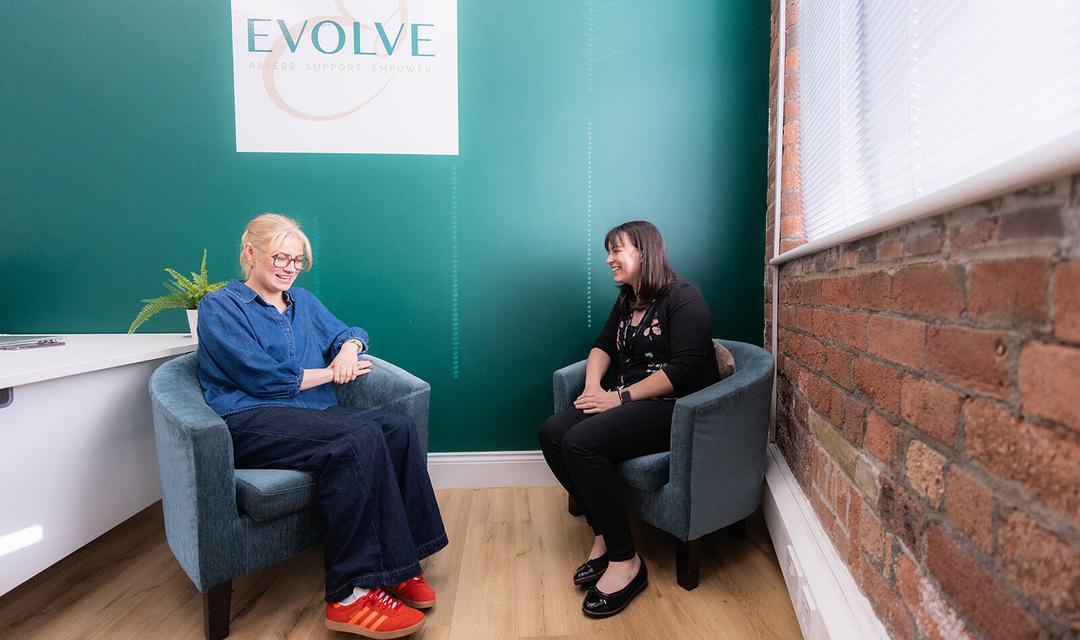Preparing for a coordination difficulties assessment
Coordination difficulties, also known as developmental coordination disorder (DCD), refer to difficulties in planning, organising, and carrying out physical movements.

What to expect at an assessment
When you have an assessment with us at Evolve, as a parent or carer you will be invited to complete developmental history forms and interviews with our clinicians. The interviews can be online or in person and forms can be filled in electronically. Our assistant psychologists are available to help parents with forms as needed.
Depending on the strengths and areas of difficulties noted in the information you provide, your child will be scheduled for assessment sessions. These sessions are usually in person and take between 30 minutes to 1 hour.

One to one appointment
During an assessment, the child will participate in a range of structured activities designed to evaluate their motor skills, including their ability to move, balance, and coordinate their hands and eyes. These activities may include tasks such as drawing shapes, copying patterns, or using their hands to manipulate objects, such as threading beads or picking up small items. Other tasks might involve physical movements like balancing or catching. The assessment is carried out in a friendly and supportive environment, and the assessor will guide the young person through each activity at their own pace. This helps to form a clear understanding of their strengths and areas where they might benefit from additional support
Coordination difficulties assessment
Laura talks you through an coordination difficulties assessment
A video to help your child understand the assessment
This short animation is designed to help children understand what to expect during the assessment

What happens next
Once you and your child have had the developmental history and one to one session, the team at Evolve will come together to have a meeting to discuss all the information they have gathered. The clinicians will be thinking together about how they best understand your child's unique profile of strengths, challenges and experiences.
If there is enough information, they will decide on whether a diagnosis can be made. If there is not enough information, then someone will be in touch with you to ask for permission to gather more. If there is enough information, they will decide on whether your child meets the criteria for a disability under the Disability Act (2005).
Team meeting
Laura talks you through the multidisciplinary meeting

Receiving the outcome
After a decision has been made a report is written and sent to AON. Following review in the AON office Evolve Psychology will offer parents and carers an appointment for a feedback meeting which is usually held online. This will be with your assessment coordinator, and they will share with you whether there is a diagnosis or not for your child. If you don’t get a diagnosis, it may be that the challenges your child have been having in their life are caused by something different, the assessment coordinator will explain this to you and may suggest other sources of support that may be helpful to you and your child. At this appointment you can of course ask questions about the outcome. This appointment is usually thirty minutes long.
After the feedback appointment, you will receive a multidisciplinary report within two weeks of your feedback meeting.
Feedback meeting
Laura talks you through receiving the outcome



